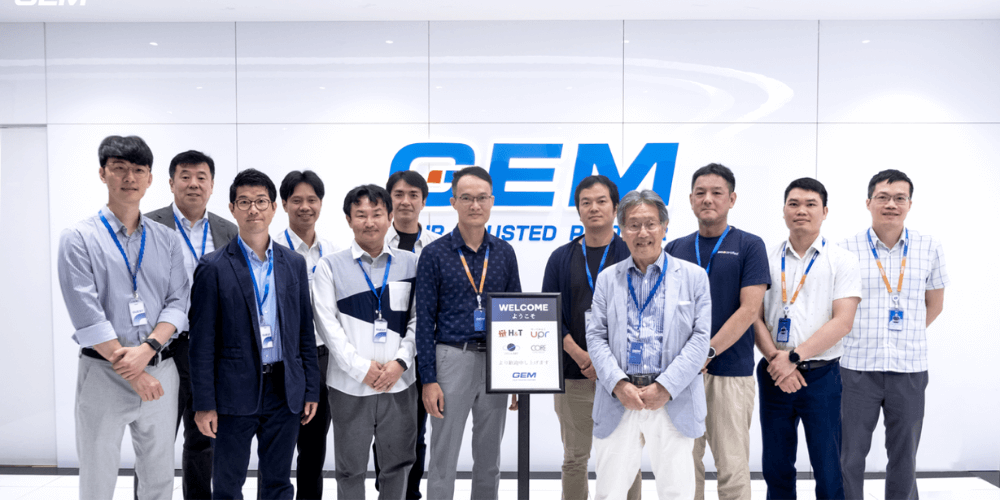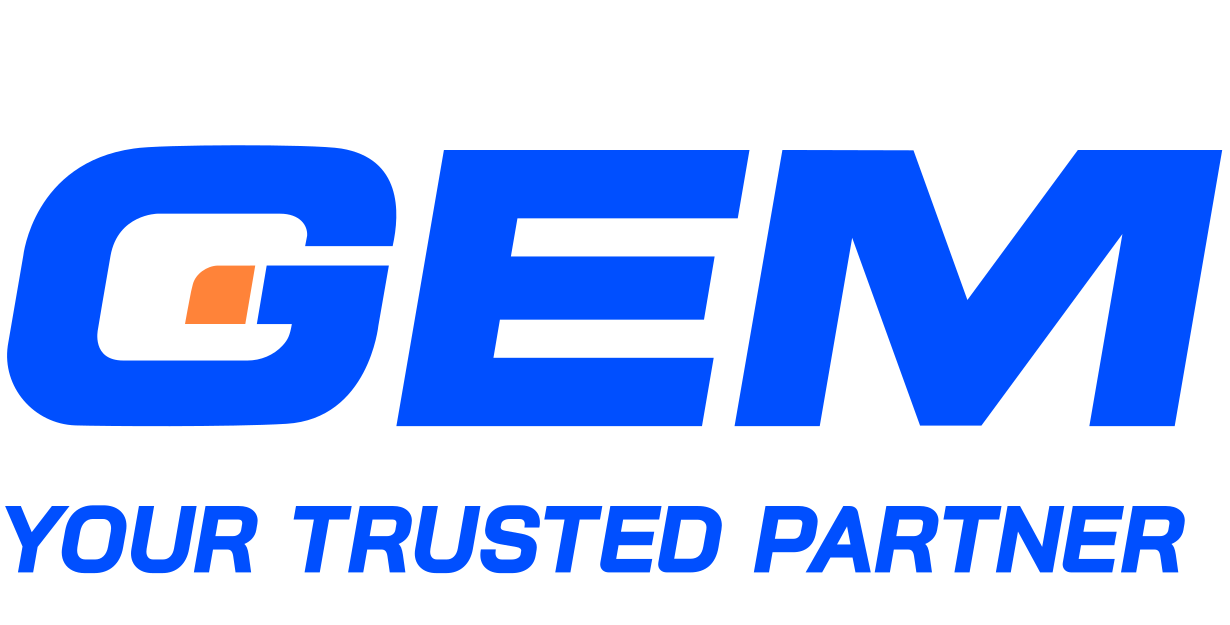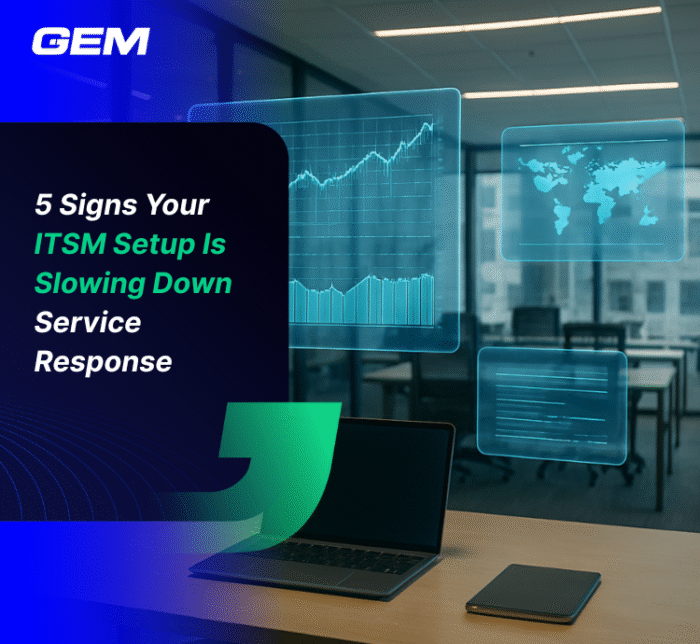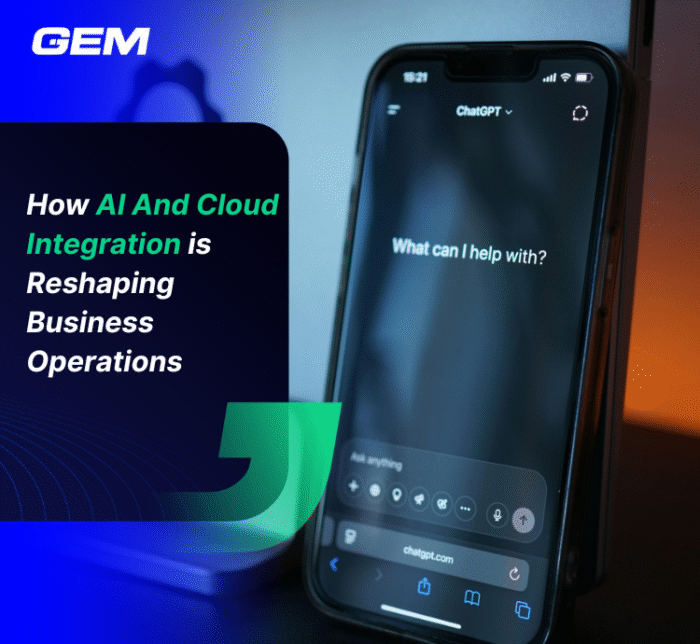Contents
- What is Offshore Mobile App Development?
- Key Benefits of Offshore Mobile App Development
- When Should You Reach Out to an Offshore Mobile App Development Company?
- Common Risks and Concerns About Mobile App Development Offshore
- The Practical Process for Assessing Offshore Mobile App Development Companies
- 3 Selected Offshore Mobile App Development Companies
- Conclusion
As demand for mobile applications grows, with the market projected to reach $626.39 billion by 2030, businesses are looking for scalable ways to bring products to market faster. Offshore mobile app development has become a strategic option for companies seeking technical expertise, cost efficiency, and faster delivery timelines. This guide outlines the key benefits, timing considerations, and evaluation criteria when working with offshore partners, and highlights three companies shaping the space. Let’s take a closer look at what drives this approach.
What is Offshore Mobile App Development?

Offshore mobile app development refers to the practice of outsourcing mobile application projects to external teams located in different countries, often in regions with specialized talent pools and more competitive cost structures. This model allows businesses to access skilled developers and established delivery processes without building or scaling in-house teams.
Among the most established offshore destinations are:
- Vietnam – Recognized for its growing tech ecosystem, competitive pricing, and strong engineering education system.
- Ukraine – Known for its experienced developer base and track record in delivering complex software projects for global clients.
- India – Offers large-scale development capacity, a mature outsourcing industry, and deep expertise across mobile platforms.
Explore more: Top IT outsourcing country
Key Benefits of Offshore Mobile App Development
Offshore mobile app development presents several advantages for companies navigating competitive digital markets. These benefits extend beyond cost and contribute directly to delivery speed, team structure, and long-term operational focus.
Cost Savings
Outsourcing mobile development to offshore teams often leads to lower project costs due to wage differentials and more efficient resource allocation. Businesses in North America or Western Europe typically see substantial savings compared to building equivalent capabilities in-house or through nearshore providers.
Access to Specialized Talent
Offshore markets such as Vietnam, Ukraine, and India offer a wide pool of experienced mobile developers, UI/UX designers, QA engineers, and project managers. These teams bring domain-specific knowledge and platform expertise, making them well-suited for both new builds and modernization initiatives.
Faster Time-to-Market
Offshore teams often operate with established delivery frameworks and 24-hour development cycles, especially when working across time zones. This accelerates turnaround times for builds, iterations, and updates, helping companies respond faster to market demands.
Scalability
Engaging with offshore partners gives companies the flexibility to scale teams up or down based on project scope. This on-demand capacity is particularly useful for startups, product launches, or enterprises with fluctuating development needs.
Focus on Core Business
Outsourcing mobile development frees internal teams to focus on product strategy, customer engagement, and revenue-generation activities. Offshore mobile app developers may take ownership of execution, allowing leadership to allocate time and resources where they matter most.
When Should You Reach Out to an Offshore Mobile App Development Company?

Partnering with an offshore mobile app development company can be a timely decision under specific business conditions. These scenarios often arise in fast-moving environments where resources, time, and capabilities need to be balanced carefully.
Tight Budget
When internal cost structures limit the scope or timeline of development, offshore vendors provide a cost-aligned alternative. Companies can access full-cycle development services at a fraction of domestic rates, without compromising on delivery quality.
Need for Specific Skills
Mobile app projects often require platform-specific expertise, such as Swift for iOS, Kotlin for Android, or cross-platform frameworks like Flutter or React Native. Offshore teams frequently include specialists with deep technical experience across mobile stacks, offering targeted skill sets that may be difficult or time-consuming to hire locally.
Urgent Project Needs
For product launches, MVPs, or time-sensitive internal tools, offshore teams can accelerate development by operating in parallel time zones and leveraging pre-existing delivery frameworks. This structure helps compress timelines and meet aggressive go-to-market schedules without overextending internal teams.
Project Scalability
When project scope expands or future phases require broader functionality, offshore partners offer the flexibility to scale resources quickly. This supports long-term planning and avoids delays tied to recruitment or onboarding.
Common Risks and Concerns About Mobile App Development Offshore

While offshore mobile app development presents clear advantages, it also introduces a set of challenges that companies must manage proactively.
Communication Gaps
Time zone differences, language barriers, and varying communication styles can disrupt workflows and delay decision-making. Misalignment during key phases, such as requirement gathering or sprint reviews, often leads to extended timelines or misinterpreted features.
Quality Control
Inconsistent development standards and limited visibility into day-to-day execution can affect code quality, performance, and maintainability. Without robust QA processes and clear documentation, long-term scalability becomes difficult.
Data Security and Compliance
Offshore development may increase exposure to data privacy risks, especially when handling sensitive information. Compliance with regulations like GDPR or HIPAA varies by region, requiring legal oversight and secure development environments.
IP Ownership and Legal Protections
Intellectual property management differs across jurisdictions. Companies must establish clear contractual agreements covering IP rights, confidentiality, and dispute resolution to avoid complications post-deployment.
Vendor Reliability
Not all offshore vendors maintain the same level of operational maturity. Inadequate project governance, unmanaged attrition, or unclear escalation paths can disrupt delivery and impact business outcomes.
Addressing these concerns early, through due diligence, contractual clarity, and a strong delivery framework, lets companies gain the full upside of offshore mobile app development while limiting exposure.
The Practical Process for Assessing Offshore Mobile App Development Companies

Assessing offshore mobile app development companies requires a structured approach, especially when the success of your product depends on both technical execution and delivery reliability. The following steps provide a practical process for identifying and evaluating potential partners.
Step 1: Define Project Requirements
Start with a clear understanding of your app’s objectives, expected features, technology stack, timeline, and budget. This clarity helps filter vendors that align with your scope and capabilities. Include both functional and non-functional requirements (e.g., scalability, integrations, compliance needs).
Step 2: Shortlist Based on Technical Capabilities
Evaluate vendors based on their core technical offerings. Look for:
- Experience with native and cross-platform development (e.g., Swift, Kotlin, Flutter)
- Portfolio of apps in similar domains or complexity
- Familiarity with your preferred architecture or backend stack
- Capability in testing, DevOps, and post-launch support
Request code samples or case studies to validate claims.
Step 3: Assess Delivery Model and Team Structure
Understand how the company structures its teams. Review:
- In-house vs. subcontracted talent
- Roles involved (developers, designers, QA, PMs)
- Communication channels and workflows
- Time zone overlap and meeting cadence
Firms with transparent staffing models and defined delivery processes are easier to collaborate with over the long term.
Step 4: Validate Communication and Collaboration Practices
Effective offshore collaboration depends on communication quality. During early discussions, assess:
- Language proficiency
- Responsiveness during business hours
- Willingness to adopt your preferred tools (Slack, Jira, Figma, etc.)
Companies that invest in structured updates, documentation, and regular check-ins tend to deliver more predictable outcomes.
Step 5: Review Legal, Security, and IP Compliance
Ensure the vendor can meet your legal and compliance requirements. Review:
- NDA and IP ownership terms
- Security protocols for data handling and access
- Experience with GDPR, HIPAA, or other relevant standards
This step protects your business from potential data and legal risks down the line.
Step 6: Evaluate Commercial Terms and Flexibility
Compare pricing models – fixed price, time-and-materials, or dedicated team – and assess how they align with your project’s nature. Also, check for:
- Flexibility in scaling the team
- Payment terms and milestones
- Exit clauses or transition support, if needed
Transparent financial agreements reduce friction as the project evolves.
Step 7: Run a Pilot or Technical Evaluation
Before full engagement, consider running a small pilot or technical task. This allows you to assess code quality, communication, and project handling in practice.
This structured, step-by-step process helps identify offshore mobile app development firms that are not only technically sound but also operationally reliable.
3 Selected Offshore Mobile App Development Companies
GEM Corporation

GEM Corporation delivers high-quality mobile app development services with a strong focus on performance, usability, and long-term scalability. Since 2014, GEM has built a reputation for executing complex mobile solutions using the latest technologies, from native stacks like Swift and Kotlin to cross-platform frameworks such as Flutter. We take a comprehensive approach, from product discovery and prototyping to UI/UX design, development, and QA, ensuring consistency across each phase. Our mobile engineering teams bring deep experience across industries, including retail, fintech, healthcare, and logistics.
With over 300 completed projects across markets such as ANZ, Japan, South Korea, the EU, and the US, GEM’s track record reflects both technical depth and global delivery capabilities. We also provide integrated testing and security services, so clients can maintain stable and secure apps at scale. GEM’s work has been recognized with industry awards and certifications such as Globee 2025 Technology Awards, further reinforcing its position as a trusted offshore development partner.
Infosys
Infosys is a global IT services leader known for its role in driving large-scale digital transformation programs. With operations in more than 50 countries and over three decades of experience, Infosys brings deep consulting and engineering expertise to enterprise mobile app projects. Its development model integrates AI, automation, and cloud-native technologies to help clients accelerate innovation and modernize legacy systems. The company’s agile delivery frameworks are designed to support complex, multi-platform mobile applications across sectors such as banking, telecom, and manufacturing. Infosys also invests heavily in continuous learning and R&D through its global innovation hubs.
Cleveroad
Cleveroad is a custom software development company that serves a wide client base, from early-stage startups to established global businesses. The firm specializes in building mobile and web applications that meet high standards of reliability, functionality, and design. Certified under ISO 9001 and ISO 27001, Cleveroad emphasizes process quality and data security across its operations. The company’s service portfolio includes mobile development, system architecture, UX design, and cloud integration, supported by its status as an AWS Partner. With a team of experienced software engineers and domain consultants, Cleveroad focuses on delivering technically sound solutions and maintaining long-term client relationships.
Conclusion
Offshore mobile app development offers a practical pathway for companies aiming to deliver high-quality digital products while managing timelines, budgets, and resource constraints. From accessing specialized talent to scaling projects with flexibility, offshore models support both speed and technical depth. Success depends on selecting the right partner through a structured evaluation process.
For businesses seeking a reliable offshore team with a strong track record, global delivery footprint, and full-cycle mobile expertise, GEM is ready to support. Contact us to discuss your mobile development needs.






